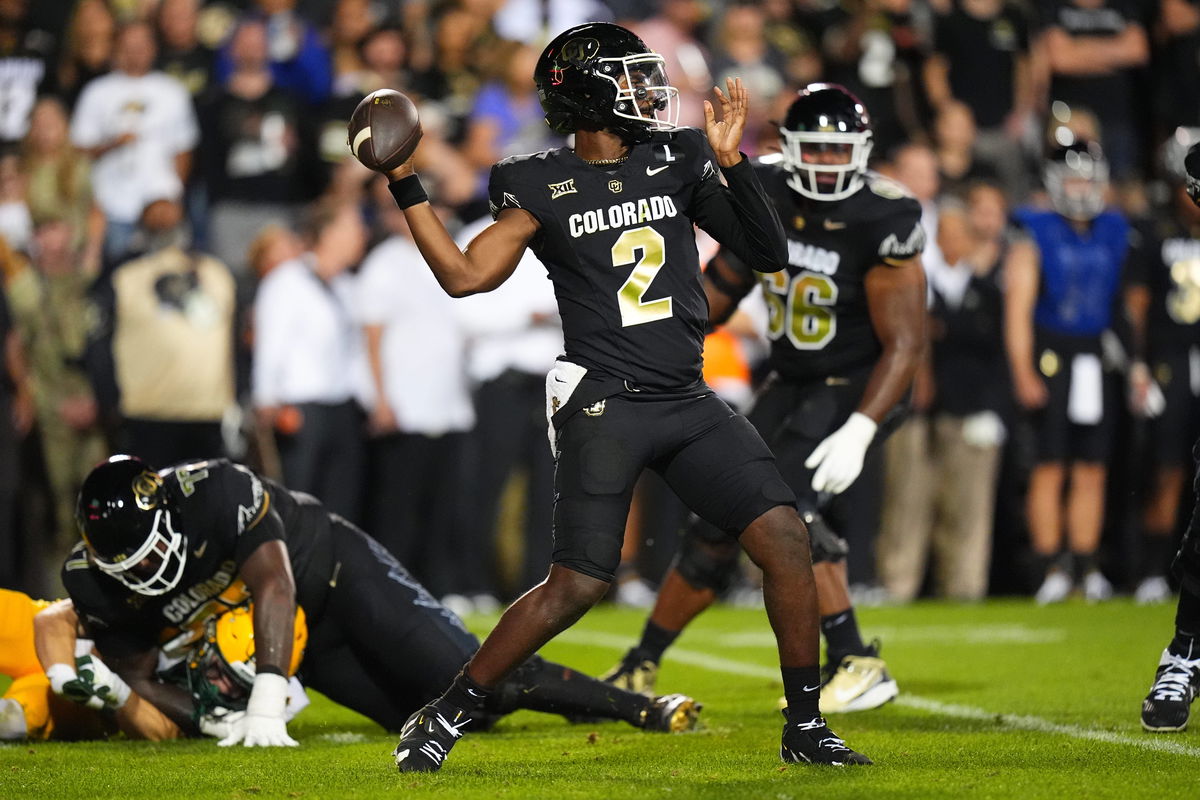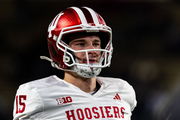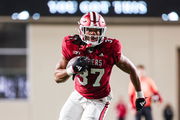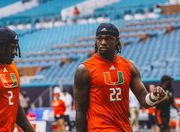
Imago
NCAA, College League, USA Football: North Dakota State at Colorado Aug 29, 2024 Boulder, Colorado, USA Colorado Buffaloes quarterback Shedeur Sanders 2 prepares to pass the ball in the second half against the North Dakota State Bison at Folsom Field. Boulder Folsom Field Colorado USA, EDITORIAL USE ONLY PUBLICATIONxINxGERxSUIxAUTxONLY Copyright: xRonxChenoyx 20240829_lbm_ac4_553

Imago
NCAA, College League, USA Football: North Dakota State at Colorado Aug 29, 2024 Boulder, Colorado, USA Colorado Buffaloes quarterback Shedeur Sanders 2 prepares to pass the ball in the second half against the North Dakota State Bison at Folsom Field. Boulder Folsom Field Colorado USA, EDITORIAL USE ONLY PUBLICATIONxINxGERxSUIxAUTxONLY Copyright: xRonxChenoyx 20240829_lbm_ac4_553
Sports are always ever-evolving. Indeed, whatever you see now is a lot different than what it was a few years back in the same scene. The history grows with many new sets of rules being implemented, especially in the college scene, which has currently been dominated by NIL contracts. Indeed, these deals are helping college athletes chase their dreams by giving them the financial stability that comes with signing the papers.
Watch What’s Trending Now!
These contracts have also made it into the college football scene, with many talents getting their big checks from companies that are interested in paying them while they promote their products as influencers. The sports landscape is changing, and Division 1 colleges will likely share $22 million in revenue with their athletes for the first time, provided the House v. NCAA settlement receives final approval in April. In anticipation of this settlement, the Colorado Buffaloes’ new NIL director has sent a powerful message.
Is this a new person? Not really; Reggie Calhoun Jr. is a known figure when it comes to the NIL deals, as he was the director of operations for 5430 Alliance, which was the official NIL collective of the Colorado Buffaloes. The moment they cut their ties with it, they appointed Calhoun Jr. as their director of football NIL. Indeed, this is a whole new era of college football, and the Buffaloes would be getting a big benefit from having such a reputed person on their campus who has all the knowledge regarding these contracts.
ADVERTISEMENT
As reported by DNVR, the director has shared his thoughts on the changes that will be hitting the University of Colorado, stating, “Once the collective went away due to the new rules and what CU wanted to do, I went into my mode of wanting to show that I have more value to the program outside of just being operations for the collective.” The reason for him joining the university in this role was significant. He wanted to showcase that the deals are much more than it looks, and he is interested to see what the future holds for the college.

ADVERTISEMENT
“The revenue sharing is coming, the NCAA is changing, the NIL landscape has so many different viewpoints that I think it’s time to really go back to what this all started from: athletes being able to monetize who they are. The coaches do their jobs from the performance side. From the front office side, I want to showcase what’s potentially down the road when it comes to the business side of sports,” said Calhoun Jr. He has always been positive about the change in the sporting scene, and this is a powerful statement. Indeed, he understands how important managing NIL would be, but he isn’t afraid of taking up this challenge.
ADVERTISEMENT
So what exactly will be his job? It will be to manage the players and the program. Calhoun Jr. will be taking a more open look at the university’s budget and will be looking forward to the top prospects that can benefit from these NIL deals. The future is bright for the University of Colorado, and the athletes will hugely benefit from the $22 million that will be given to them annually. However, what’s the deal behind this House v. NCAA settlement that is about to change the landscape of college sports?
NIL is about to completely change everything
NCAA always had a lot of restrictions on the NIL deals. However, athletes Grant House and Sedona Prince spearheaded the House vs. NCAA lawsuit, which fundamentally altered the landscape. Indeed, they challenged these restrictions that were forced upon organizations while paying the athletes on the basis of their contracts, claiming that they violated antitrust laws.
ADVERTISEMENT
So last year, the NCAA settled this case by agreeing to distribute a whopping amount of up to $2.78 billion to the athletes that competed since 2016 in NCAA Division 1 of all sports and implemented a new revenue-sharing model. With this new policy on board, the athletes are about to receive 22% of all annual revenues, which can cap up to $22 million.
Indeed, this was one of the most significant changes in college sports, and the annual allocation of this amount to young athletes will greatly benefit them. Furthermore, now that the NIL is not subject to restrictions, the athletes can reap even greater benefits.
Top Stories
Fired Sean McDermott Doesn’t Hold Back in Final Message to Bills Mafia As Locker Room ‘Sickened’ by HC’s Removal

Curt Cignetti Drags Referees Over Unfair Fernando Mendoza Foul Calls at National Title Game

NASCAR Team Part Ways With Manufacturers Leaving Ford Helpless

What Is Riley Nowakowski’s Ethnicity? Is He European? Exploring Parents & Family Roots

Troy Aikman Allegedly Forced Mike McDaniel’s Firing as $6.35 Billion NFL Team Rejects Ousted Dolphins Coach

What is Mark Fletcher Jr. ‘s NIL Deals in 2025 – Salary with the Miami Hurricanes and Career Earnings

ADVERTISEMENT
ADVERTISEMENT
ADVERTISEMENT